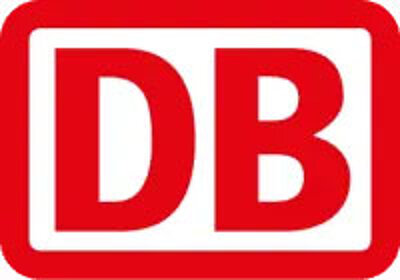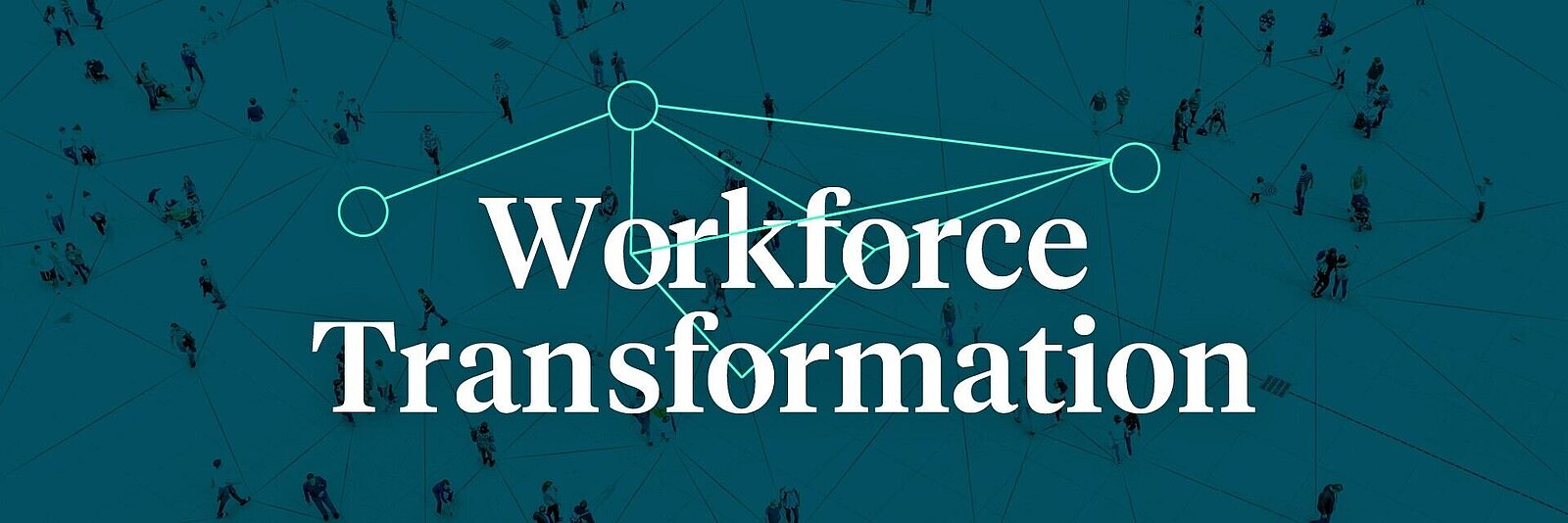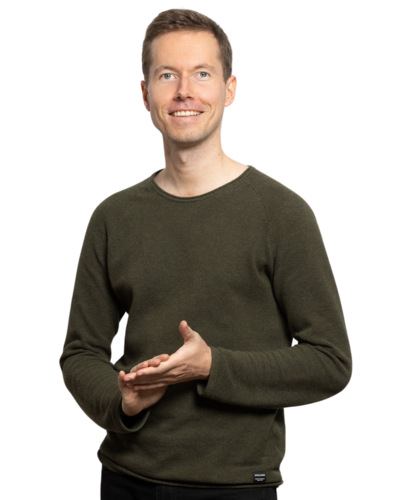Organisationen verbessern – mit ganzheitlicher Perspektive
undconsorten hat einen klaren Purpose: “Inspiring people to grow and build better organizations.”
Wir sind eine Top-Management-Beratung, die sich darauf spezialisiert hat, Klienten bei der Entwicklung exzellenter Organisationen zu unterstützen. Wir glauben fest daran, dass Freude an der Arbeit und wirtschaftlicher Erfolg Hand in Hand gehen. Unser Beratungsansatz beruht auf echter Koproduktion und #Augenhöhe. Wir sind stolz auf unsere mehr als 40 Berater:innen in Deutschland, Österreich und der Schweiz, die sich leidenschaftlich für den Erfolg unserer Klienten einsetzen. Unsere Kompetenzen in Teamarbeit, Kommunikation und Umsetzungsfähigkeit werden von unseren Klienten besonders geschätzt. Wir arbeiten auf Augenhöhe, vom Vorstand bis zur operativen Basis. Unsere Mission ist es, nachhaltige Lösungen zu schaffen, die Menschen in ihrer Arbeit wirksamer und glücklicher machen.

Die Zusammenarbeit an komplexen Aufgaben erfordert klare Regeln und deren Akzeptanz durch die Mitarbeitenden.

Um größere Aufgaben zu bewältigen, benötigen Menschen Strukturen, die Freiheiten für gemeinsame Ziele einräumen.
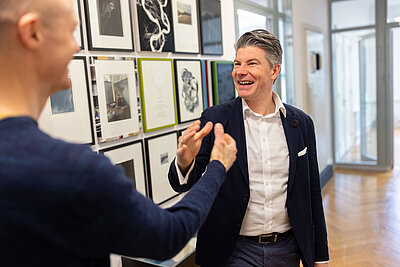
Unternehmen mit wirkungsvoller Führung sind am Markt erfolgreicher, weil Führung das Handeln aller an den Zielen der Organisation ausrichtet.

High-Performing Teams erfordern systematische Vorbereitung und kontinuierliche Reflexion.

Neben einer klaren Richtung und Struktur sind die richtigen Anreize und Befähigungen für Mitarbeitende unerlässlich.
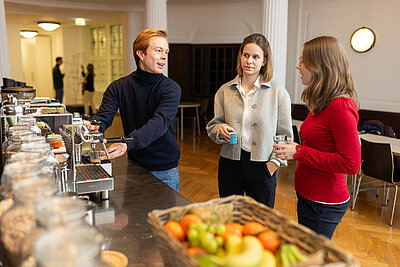
Ein Umfeld, in dem Offenheit, Respekt und gegenseitiges Verständnis herrschen, steigert Innovation, Engagement und Produktivität.

In einer sich ständig verändernden Welt ist die Fähigkeit, sich anzupassen und Veränderungen zu begrüßen, von entscheidender Bedeutung.
Das sagen unsere Klienten!
undconsorten ist erfolgreich anders, das bestätigt das seit Jahren hervorragende Feedback unserer Klienten.
Hier ein kleiner Auszug:
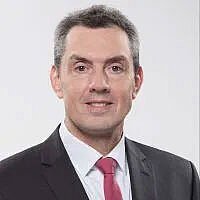
„Wir haben mit undconsorten ein globales und sehr erfolgreiches Projekt zur Transformation unserer Führungskultur durchgeführt – bis heute unser Benchmarkprojekt in HR. Wir haben dabei hochkompetente und engagierte Partner erlebt. Das Miteinander war immer konstruktiv und vertrauensvoll. Hat Spaß gemacht, jederzeit wieder!“
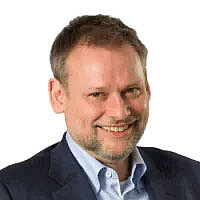
„Bei der grundlegenden Transformation von Tengelmann war undconsorten unser Ideengeber, Challenger, aber auch Tröster und Aufmunterer in einem sehr konzentrierten Prozess – der heutige Erfolg spricht für sich selbst und auch für unseren exzellenten Partner im Change-Prozess.“
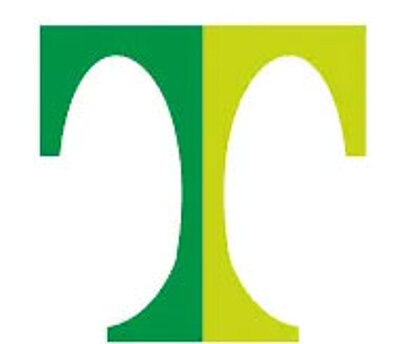
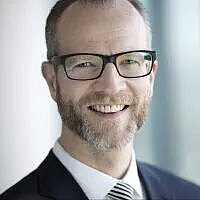
„Wir haben z. B. das Projekt zur Einführung der DB-Fachexpertenkarriere mit undconsorten gemacht. Großartiger Input und strategischer Weitblick, den undconsorten hier eingebracht hat. Ich habe noch nie so spontan und flexibel mit einer Beratung arbeiten können. Großartig.“
